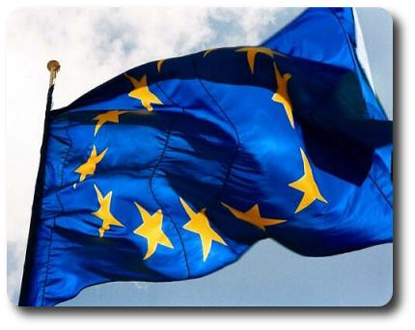It’s difficult to draw conclusions from this week of September 26 regarding Europe.
All the institutional players, parties to the European Union, have demonstrated their dynamism and confidence.
On Wednesday, September 28, the President of the Commission delivered a truly remarkable State of the Union address. A very good analysis of the seriousness of the situation, a very accurate denunciation of the evils of intergovernmentalism, and a very necessary reminder of the effectiveness of the community method.
On the same day, the “six pack,” consisting of five directives and one regulation, intended to toughen sanctions on member states not meeting the obligations of the Stability and Growth Pact, was finally adopted after a year of negotiation and a well-crafted balance of concessions from some (the member states within the Council of Ministers) and others (the
European Parliament).
On Thursday, September 29, the Bundestag adopted by a very large majority the modification of the competencies of the European Financial Stability Facility (EFSF).
But nothing is permanently resolved concerning the eurozone crisis.
Five member states still need to ratify the extension of the EFSF’s competencies, some of which, under the threat of populist parties, might falter (such as the Netherlands). Will the Bundestag also broadly accept to vote on the second aid plan for Greece and especially the European Stability Mechanism, whose operation seems to be
condemned by the Karlsruhe court ruling of September 7?
Will the new sanctions imposed by the “six pack” be more effective than the pre-existing system? It is possible to doubt this in the absence of giving the sole Commission the decision-making power to impose sanctions on a member state not respecting the Stability and Growth Pact.
In the absence of automatic debt, won’t states be led to agree not to sanction each other?
Thus, won’t the public opinions of member states risk growing weary of these regular announcements of legislative changes or successive aid plans supposedly solving difficulties that ultimately do not find their solutions in these measures?
The gravity of the economic and financial situation demands a change in the scale of the political responses provided. Only the commitment towards federalism of the eurozone countries or the most significant among them will save the European Union.
In this matter, the European Movement – France will present its analysis and proposals in the coming weeks, particularly during the debates held during the 2012 presidential campaign.


